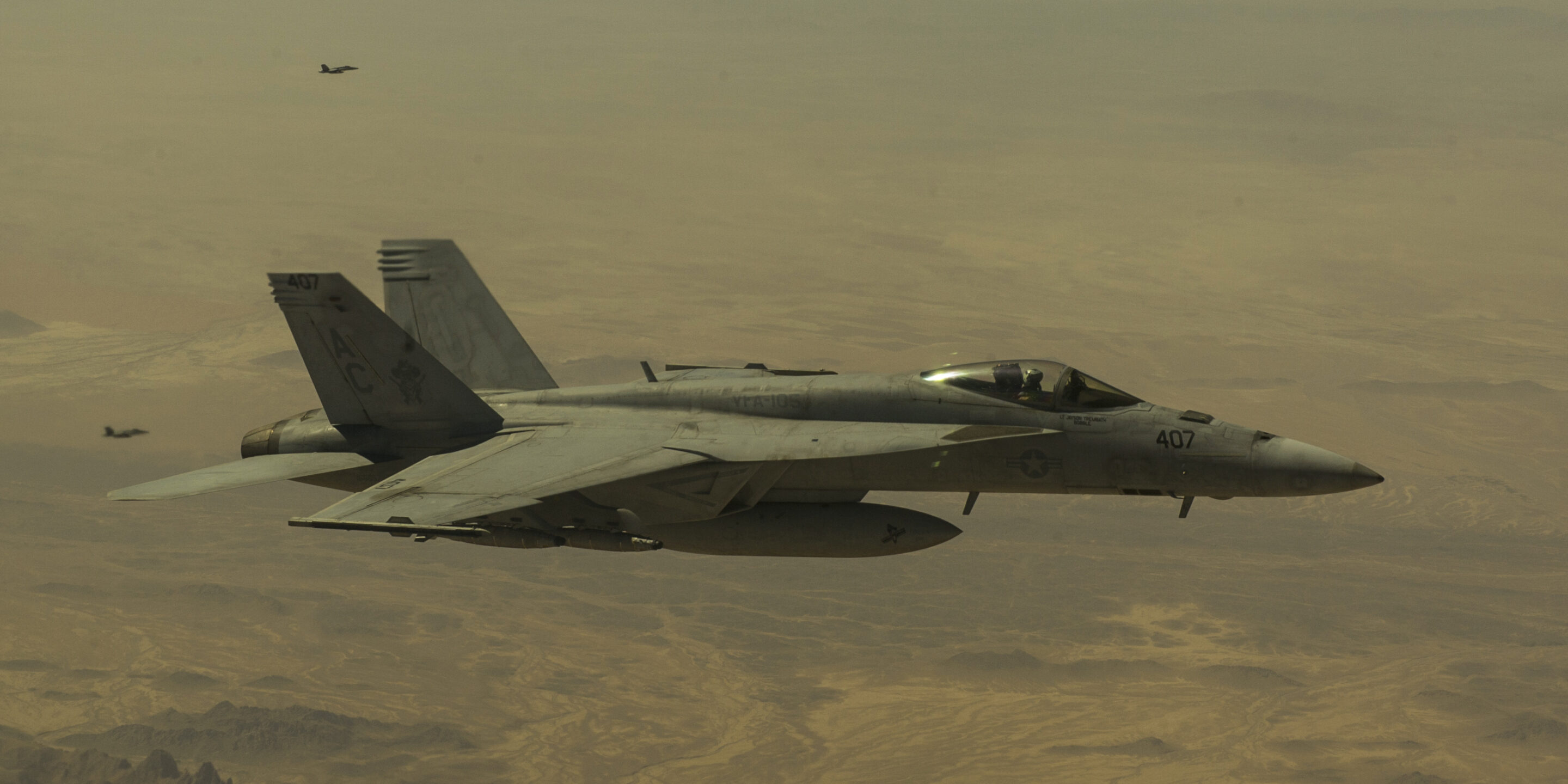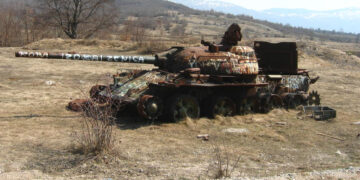August 14, 2024
Why self-interest may stop the mideast blow-up

The Middle East has been on tenterhooks over the last two weeks. Israel’s assassinations of the senior Hezbollah commander Fuad Shukr in Beirut and the Hamas political chief Ismail Haniyeh in Tehran, which occurred less than 24 hours apart, were operational successes demonstrating the reach, lethality, and capability of Israel’s security services. Yet the killings of these two high-profile figures have generated extreme concern about the prospects of a full-blown war erupting between Israel and the United States on the one hand and Iran and its regional proxies on the other.
According to the conventional wisdom, it’s only a matter of time before Iran and Hezbollah retaliate against Israel militarily. Iran’s Supreme Leader Ayatollah Ali Khamenei has reportedly given the order to strike. Hezbollah Secretary-general Hassan Nasrallah has done the same. In Israel, people have been told to prepare for an imminent, large-scale attack by stockpiling necessities. The United States, meanwhile, has ordered more military assets to the region, including additional F-22 and F/A-18 fighter aircraft, to deter Iran and assist Israel’s defenses.
Is the Middle East on the precipice of a regional conflict? While no official or analyst can say with absolute certainty, there are cold-hearted, self-interested reasons why the major players involved would want to shy away from it.
Read article in The American Conservative
Author

Daniel
DePetris
Fellow
More on Middle East

Featuring Dan Caldwell
December 17, 2024

By Charles Peña
December 16, 2024
Events on Middle East






